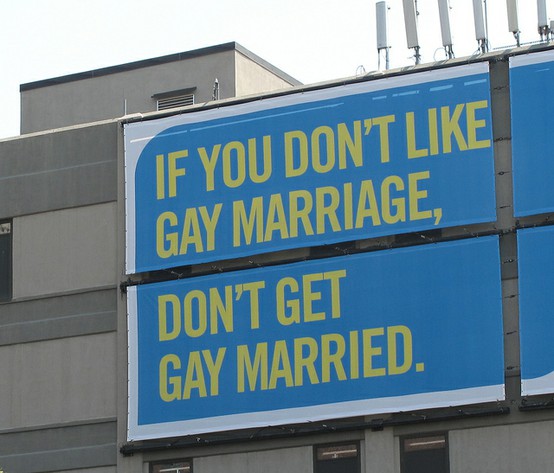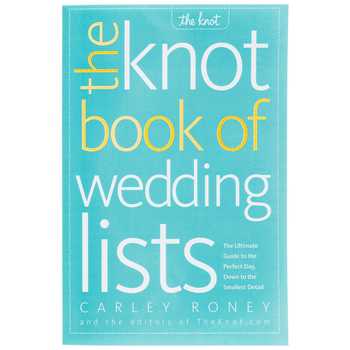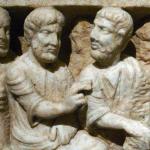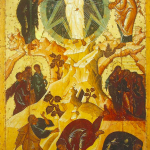This is a guest post for a debate on the consequences of gay marriage. The opinions expressed below are fairly obviously not my own. Oh, but I did do the pictures.

This week at Yale an undergraduate organization known as Undergraduates for a Better Yale College is hosting Professor Anthony Esolen of Providence College. Picking up on one series of blog posts he wrote critical of gay marriage, the Yale community has begun to express outrage. A campus publication calls his work “vitriolic and outrageous,” and Ivy Gate claims that he authors “fanatical anti-gay tirades.” Perhaps my favorite reaction was a Facebook post from a reader of Esolen’s article that said “I skimmed for, like, a minute, and this has me all kinds of pissed.” So a big thanks to Leah for inviting me to actually consider the good Professor’s arguments, even if those whom I’d most like to hear it insist on plugging their ears.
In the series of blog posts that have been cited by his attackers, Esolen makes 10 (often closely related) arguments. Because I’m not necessarily interested in defending all of them and for the sake of time, I’m going to pick two that I think are among the strongest and most controversial. The first is #5: gay marriage will “curtail opportunities for deep and emotionally fulfilling friendships between members of the same sex,” developed beautifully in an earlier article here. As the public acceptance of homosexuality increases, heterosexual friendships suffer among males in particular, an argument Professor Esolen developed in a much larger article available here. The second is #7, the claim that homosexual marriage “seals us in a culture of divorce.”
Each of these is compelling to consider because they strike at the most basic and popular rationale behind the legalization of gay marriage: the idea that it is totally laughable that gay marriage could possibly affect me or anyone else in a negative way. What possible harm does gay marriage do? If your religion disagrees, then don’t marry gays in your church and stop forcing America to bow to your beliefs. Disapprove of gay marriage? Then don’t get one, the saying goes.
Esolen counters with the idea that friendship tends to suffer when homosexual behavior is accepted as normal in society. This strikes most of our individualistic culture as quite absurd, but I think it follows quite easily from one simple observation about how social interactions work: we don’t usually get to determine the meaning of our actions. The meaning of an action is tied social norms and to that which is accepted by the community as something that may be done, even in private.
“Our sexual customs constitute a language, one that we must all use, whether we like it or not. If, all at once, clothing becomes optional on a certain beach, then that beach is a nude beach. If you wear your suit to that beach, your action has a meaning it did not have before. At the very least it means that you do not approve of public nudity. It may mean that you are ashamed of your body. It may mean that your religion forbids it. It may mean you are a prude. But it does signify something; and it must. You cannot say, ‘It means nothing to me,’ simply because language is by its nature public and communal. Suppose the incest taboo were removed. You may say, “I will hug and kiss my niece in any case,” but your actions will now have a significance they did not have before. The shadow of the thought must cross any beholder’s mind; it might cross the niece’s mind. If you were at all considerate of her feelings, you would hesitate before you did it.”
Taboos are useful in that the socially accepted prohibition of some action prevents other actions from being misinterpreted. Remove the taboo, and we start to question.
So if we agree with Aristotle that deep and meaningful friendships are an integral part of a fulfilled human experience, and if friendship is not just a state of mind but requires concrete actions, then we can at least agree that the public acceptance of homosexuality will drastically change forms male-to-male friendships take, as it already has. Emotions and actions as simple as long hugs or sharing a bed during sleepovers risk misinterpretation by not only the participants but also society at large. Esolen’s point is that this is not simply a matter of a bunch of “homophobes” fearing about their sons being gay- it’s actually built into the structure of all non-verbal language. And once the taboo has been removed, interpretive chaos erupts. Have strong feelings for a male friend? You might be gay! Sam and Frodo? Clearly gay. Abraham Lincoln slept in the same bed as another man!? Must have been a homo.

Anyone who has survived middle school knows how large a role struggles over identity and socialization play in developing young minds, and how confused one can get. Condoning homosexuality exacerbates all of those issues because it risks denying the awkward kid the one thing that can make that station of life bearable- a truly close friend. Anyone who doubts this should consider the way sexual interest creeps into many male-female relationships, often ending in great pain for one who has fallen romantically for the other, or at least confusion over intentions and actions that lead the two to back away from one another.
We are taught by the gay rights movement to think about the gay and lesbian kids who are mistreated or denied opportunities because of stigmas against homosexuality. No doubt stereotypes of homosexuality tethered with the generic cruelty of adolescence leaves many children hurt and confused. But Esolen points out the much less visible sufferers of a world in which homosexual behavior is celebrated:
“Reader, the next time you feel moved to pity the delicate man in the workstation near you, give a thought also to an adolescent somewhere, one among uncounted millions, a kid with acne maybe, a kid with an idea or a love, who needs a friend. Know then that your tolerance for the flambeau, which is little more than a self-congratulating cowardice, or your easy and poorly considered approval of the shy workmate’s request that he be allowed to “marry” his partner, means that the unseen boy will not find that friend, and that the idea and the love will die.”
—
This is a guest post. Check out the gay marriage debate series index to see followups by Matt and my responses. Please note that Matt is a friend of mine, and I’ll attest to his character. So be merciless on the facts and philosophy, but keep nastiness out of it.















